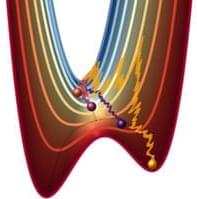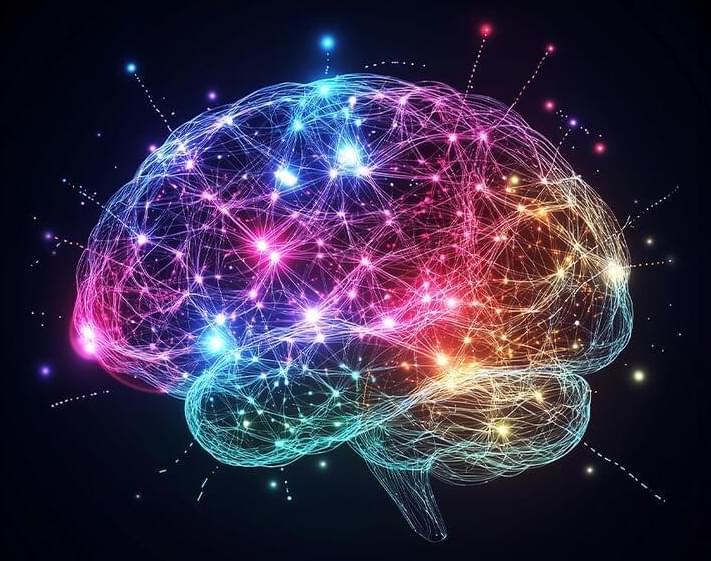More people than we thought who are in comas or similar states can hear what is happening around them, a study shows.
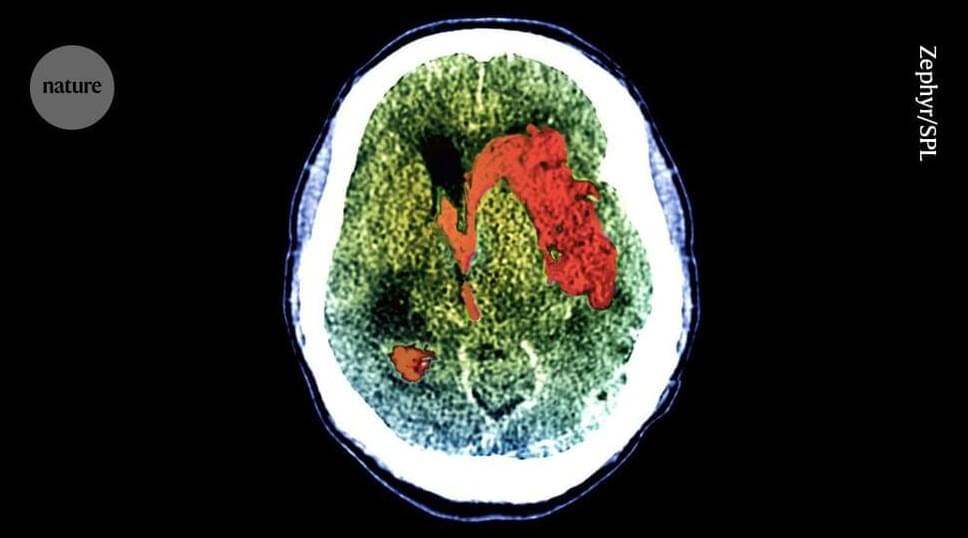

Philosopher and cognitive scientist David Chalmers explores virtual reality and its implication for our understanding of existence. Chalmers examines the simulation hypothesis, challenging conventional views of reality and suggesting that virtual worlds might be as real and meaningful as the physical world. This is a thought-provoking lecture at MindFest, held at Florida Atlantic University, CENTER FOR THE FUTURE MIND, spearheaded by Susan Schneider.
TIMESTAMPS:
00:00 — Intro.
01:34 — Overview.
11:55 — David’s Central Thesis.
15:55 — Biosim vs. Pure Sim.
18:11 — Imperfect vs. Perfect Simulation.
26:38 — Are Simulations Illusions?
31:29 — It-From-Bit Hypothesis.
36:06 — What Is The Metaverse?
43:58 — Meaning In A Virtual World.
51:49 — Q\&A
01:06:43 — Outro.
NOTE: The perspectives expressed by guests don’t necessarily mirror my own. There’s a versicolored arrangement of people on TOE, each harboring distinct viewpoints, as part of my endeavor to understand the perspectives that exist.
THANK YOU: To Mike Duffey for your insight, help, and recommendations on this channel.
Support TOE:
- Patreon: / curtjaimungal (early access to ad-free audio episodes!)
- Crypto: https://tinyurl.com/cryptoTOE
- PayPal: https://tinyurl.com/paypalTOE
- TOE Merch: https://tinyurl.com/TOEmerch.
Follow TOE:
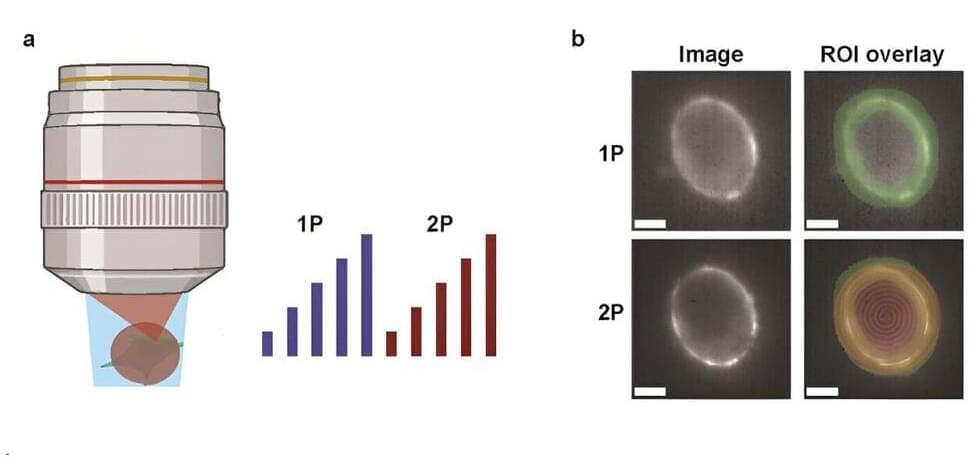
In the quest to unravel the complexities of neural circuits, scientists are beginning to use genetically encoded voltage indicators (GEVIs) to visualize electrical activity in the brain. These indicators are crucial for understanding how neurons communicate and process information. However, the effectiveness of one-photon (1P) versus two-photon (2P) voltage imaging has remained a topic of debate. A recent study by researchers at Harvard University sheds light on the relative merits and limitations of these two imaging techniques, providing valuable insights for the scientific community.
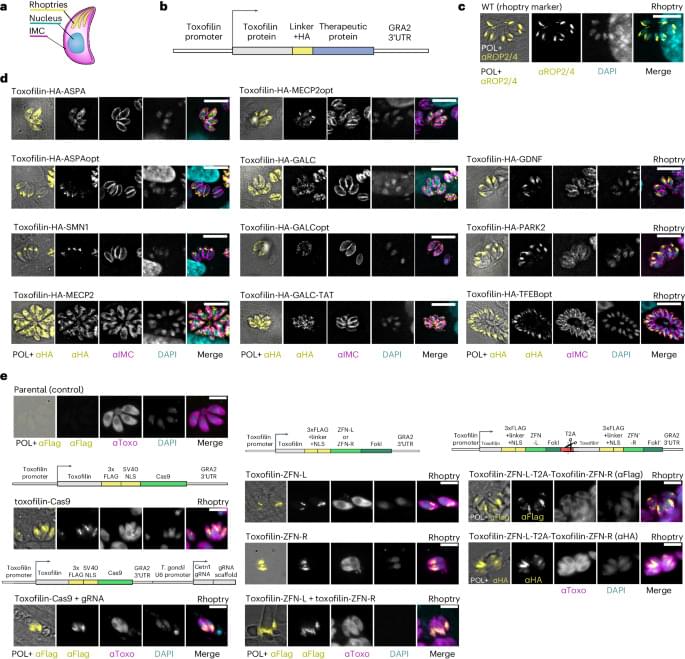
Bracha et al.
Toxoplasma gondii culture and maintenance.
Type I RH and type II Pru and ME49 strain T. gondii were grown in HFF in high-glucose Dulbecco’s modified Eagle’s medium (DMEM) supplemented with 4 mM l-glutamine, 10% fetal bovine serum (FBS) and 1% penicillin/streptomycin or 20 μg ml−1 gentamicin antibiotics (‘complete DMEM’) at 37 °C with 5% CO2. Cultures were monitored daily and T. gondii were passaged by transferring 1–3 drops (20–100 μl) of the supernatant of a lysed dish (containing extracellular parasites) into a fresh dish with confluent HFF cells. Type I RH and type II Pru strains were validated by PCR–restriction-fragment length polymorphism (primers described in Supplementary Table 1)81 or by passage into Cre Reporter cell lines to confirm Cre recombination as previously described16.
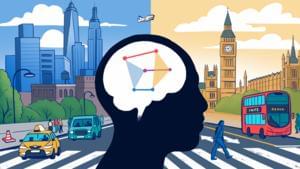
This explores how the human brain forms abstract concepts and adapts to changing environments, specifically looking at how neurons in certain brain regions contribute to complex thinking.
It takes brains to infer how any two things in the world relate to each other, whether it’s the way bad weather links to commuting delays or how environmental conditions lead to the evolution of species. A new study based on recordings in the brains of people has yielded a pathbreaking trove of data that researchers now have used to reveal, with more clarity than ever, the neural incarnations of inferential reasoning.
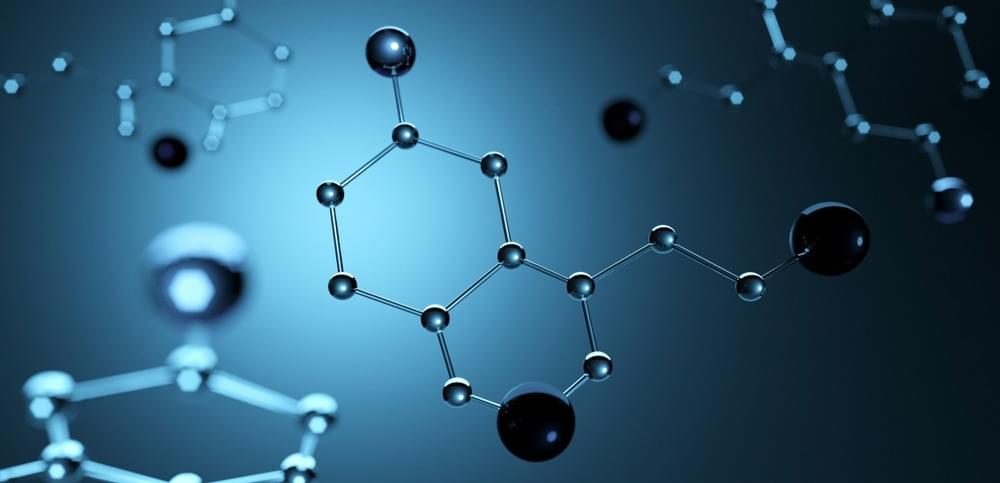
In a recent study in Nature Communications, researchers increased synaptic serotonin through a selective serotonin-releasing agent (SSRA), fenfluramine, to investigate its impact on human behavior.
Neuroscience research concentrates on the function of central serotonin (5HT) in human behavior, specifically the impact of selective serotonin reuptake inhibitors (SSRIs). Serotonin is necessary for several actions, including eating, sexual function, and goal-directed cognition.
It is difficult to determine the causal relationship between increased synaptic 5-HT and behavior in humans via SSRIs due to SSRIs’ complicated effects on 5-HT and colocalized neurotransmitter systems. A low dose of fenfluramine, approved for the treatment of Dravet epilepsy in 2020, directly and swiftly elevates synaptic 5-HT without altering extracellular dopamine concentrations in mood control areas.

